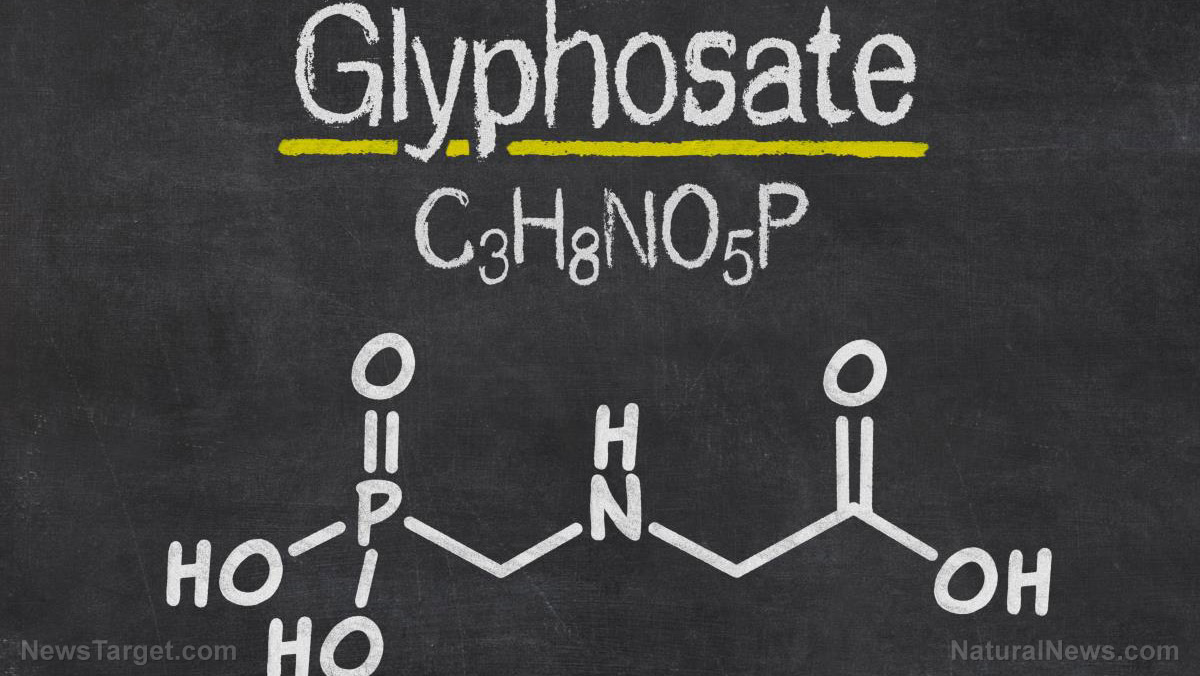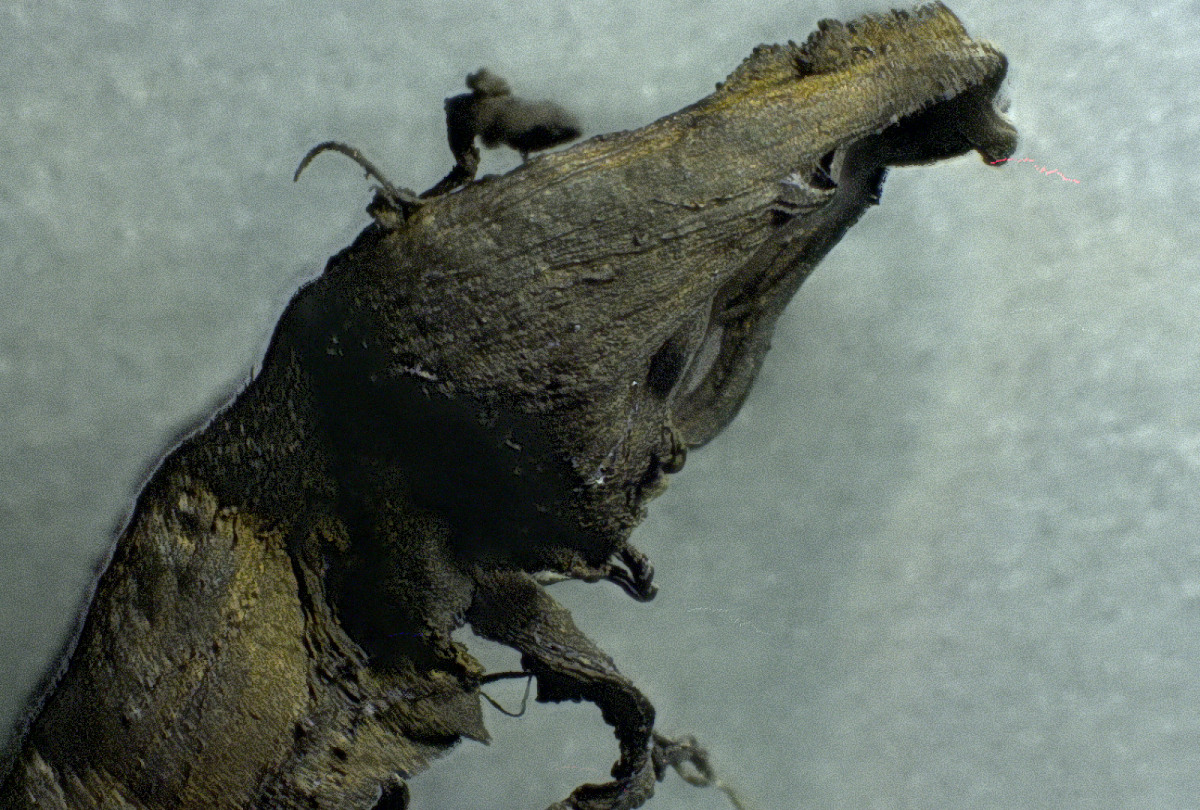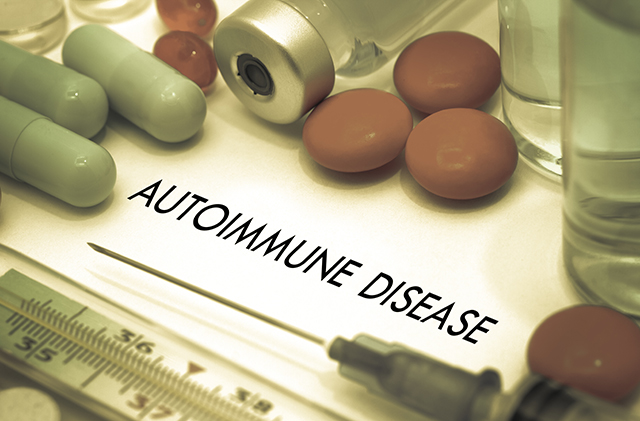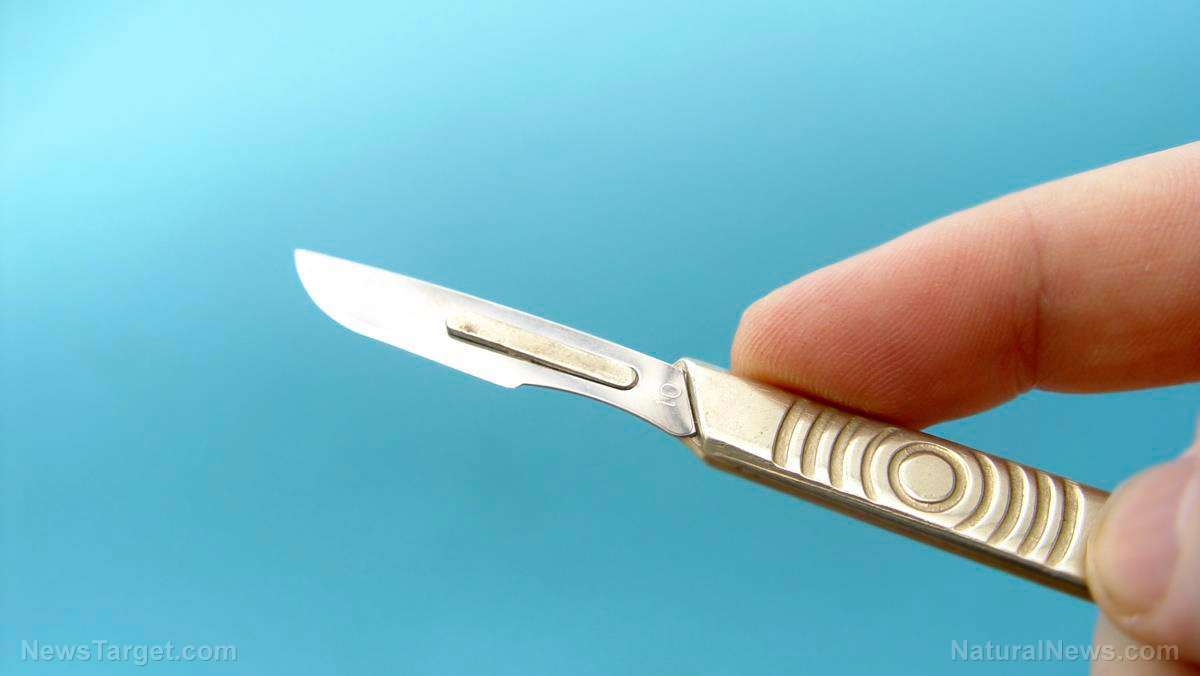Scientists link vitamin D deficiencies to higher risk of coronavirus infection and severe complications
11/12/2020 / By Divina Ramirez

Vitamin D is known to protect against viral infections like the common cold and the flu. Given the vitamin’s immunomodulating properties and the active search for a safe and effective COVID-19 treatment, vitamin D has received widespread attention for its potential role in protecting against the dreaded disease.
In a recent study, scientists from the University of Chicago found that vitamin D deficiency and a greater risk of COVID-19 have a strong correlation. In particular, they found that patients who were deficient in vitamin D had a 77 percent increased risk of testing positive for COVID-19.
These findings suggest that vitamin D supplementation may reduce the likelihood of developing COVID-19, lead researcher David Meltzer told United Press International. Their findings appeared online in the journal JAMA Network Open.
Vitamin D status might dictate COVID-19 risk
To determine if vitamin D levels influence COVID-19 infection rates, the researchers gathered patients whose vitamin D levels had been measured within a year before being tested for COVID-19. Of the 489 patients, 124 (25 percent) had insufficient vitamin D levels, while 287 (59 percent) had sufficient levels of the nutrient. The remaining patients had “uncertain” vitamin D levels.
Multivariate data analysis revealed that patients deficient in vitamin D had a 77 percent higher risk of testing positive for COVID-19. In contrast, old age, which earlier studies have associated with a higher risk of COVID-19, appeared to cause just a six percent increase in the patients’ risk.

Vitamin D is inexpensive, accessible and safe to consume for most of the general population. So, understanding whether optimizing vitamin D levels changes COVID-19 risk or not is extremely important on a national and global scale, said Meltzer.
The study also highlights the need for more studies that can prove whether vitamin D can reduce COVID-19 risk or not. The researchers themselves have started several clinical trials to this end at UChicago Medicine. (Related: Vitamin D: Are you getting enough of this essential vitamin?)
Vitamin D deficiency also linked to greater COVID-19 risk in children
In the first study of its kind, two researchers from Dicle University in Turkey studied the link between vitamin D status and COVID-19 risk in children. Their study included 40 patients between the ages of one month and 18 years, all of whom were diagnosed with COVID-19 and were hospitalized. The patients were age-matched with healthy control subjects.
The researchers found that 72.5 percent of the children diagnosed with COVID-19 were either deficient in vitamin D or had insufficient levels of the nutrient. Out of all the study participants, two patients admitted in the intensive care unit had the lowest vitamin D levels (less than 10 nanograms per milliliter [ng/mL]). Both also suffered from comorbidities.
Moreover, children diagnosed with COVID-19 who were either deficient in vitamin D or had insufficient levels had higher fevers than those with normal vitamin D levels.
Given their findings, which appeared in the journal Pediatric Pulmonology, the researchers concluded that vitamin D status may be associated with the occurrence of COVID-19 in pediatric patients.
Vitamin D supplementation as a viable form of treatment
Vitamin D’s promising protective effects against COVID-19 remains an active area of research. But that has not stopped health experts from seriously considering vitamin D supplementation as a viable form of treatment for the disease.
For instance, U.K. Health Secretary Matt Hancock has been urging people to take vitamin D supplements given recent evidence that the micronutrient can offer some degree of protection against the virus.
“[We] will be increasing the public messaging around vitamin D to make sure that people get the message that vitamin D can help with broad health and there is no downside to taking it,” said Hancock.
Parliament member David Davis lauded this statement, adding that people deficient in vitamin D and those at greater risk of COVID-19, including older adults and those with comorbidities, should be given free vitamin D supplements as a matter of urgency.
Learn more about the protective effects of vitamin D against COVID-19 at VitaminD.news.
Sources include:
Submit a correction >>
Tagged Under:
#nutrition, alternative medicine, coronavirus, covid-19, disease treatments, immunity, infectious disease, natural cures, natural medicine, nutrients, outbreak, pandemic, remedies, research, supplements, vitamin D
This article may contain statements that reflect the opinion of the author




















